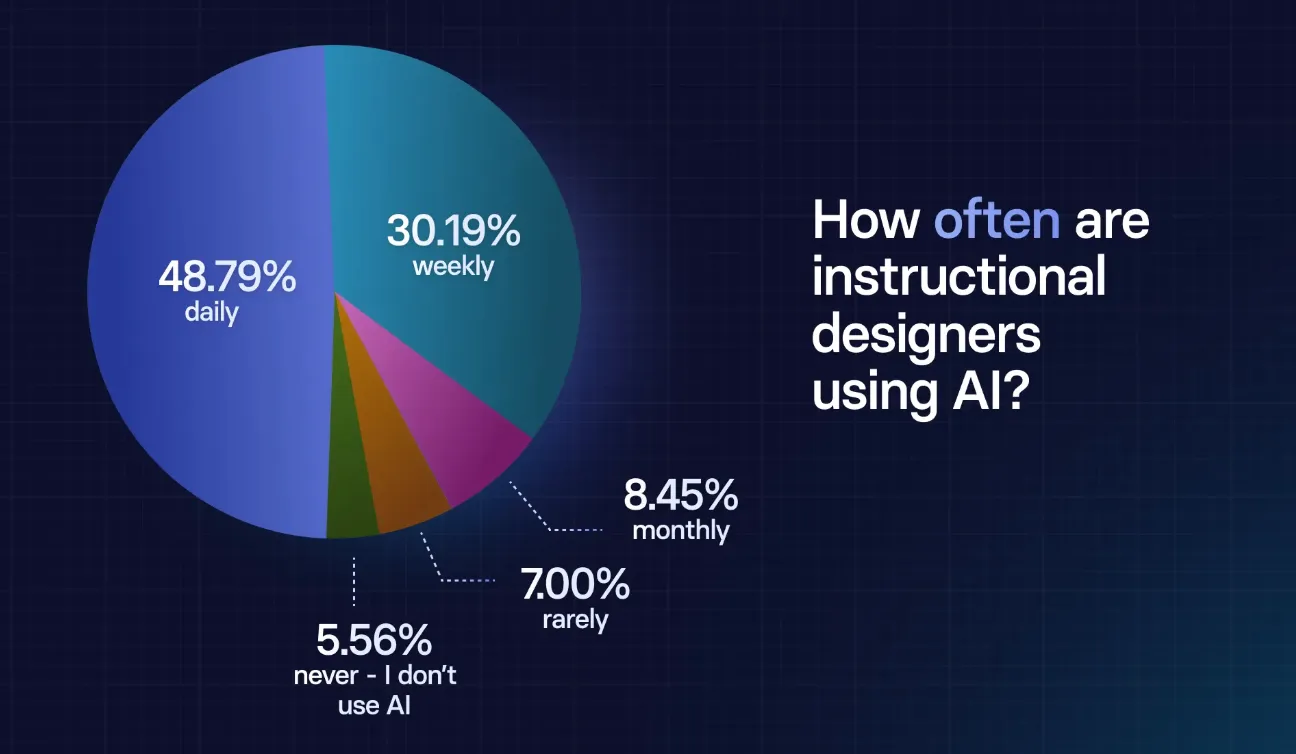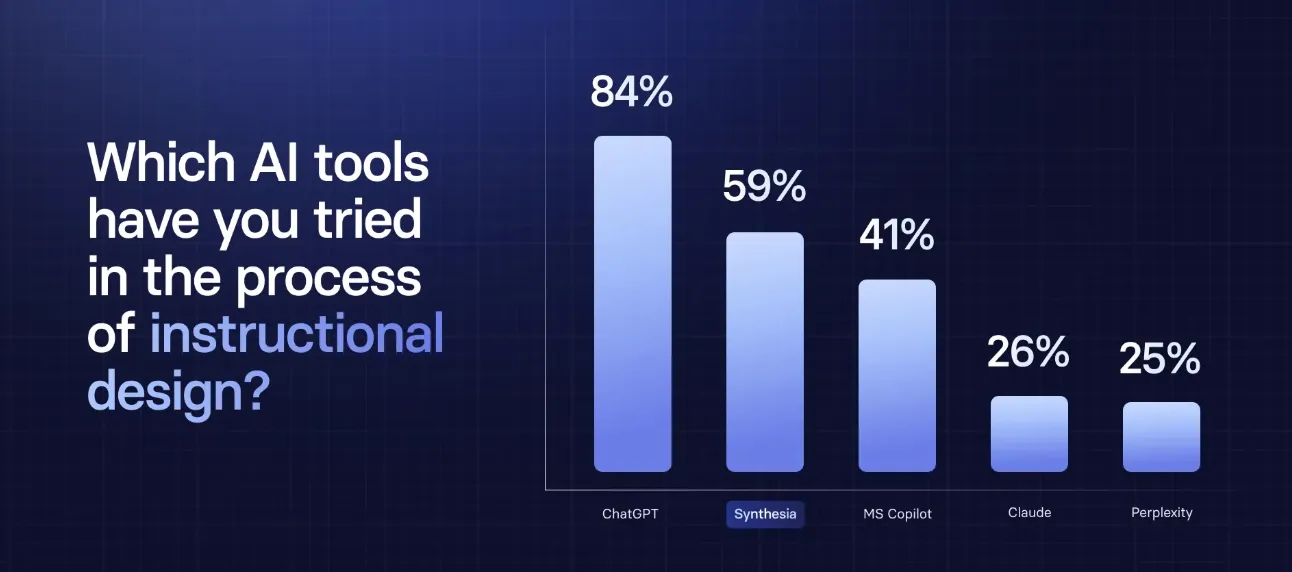AI educators are coming to this school – and it’s part of a trend — from techradar.com by Eric Hal Schwartz
Two hours of lessons, zero teachers
- An Arizona charter school will use AI instead of human teachers for two hours a day on academic lessons.
- The AI will customize lessons in real-time to match each student’s needs.
- The company has only tested this idea at private schools before but claims it hugely increases student academic success.
One school in Arizona is trying out a new educational model built around AI and a two-hour school day. When Arizona’s Unbound Academy opens, the only teachers will be artificial intelligence algorithms in a perfect utopia or dystopia, depending on your point of view.
AI in Instructional Design: reflections on 2024 & predictions for 2025 — from drphilippahardman.substack.com by Dr. Philippa Hardman
Aka, four new year’s resolutions for the AI-savvy instructional designer.
Debating About AI: A Free Comprehensive Guide to the Issues — from stefanbauschard.substack.com by Stefan Bauschard
In order to encourage and facilitate debate on key controversies related to AI, I put together this free 130+ page guide to the main arguments and ideas related to the controversies.
Universities need to step up their AGI game — from futureofbeinghuman.com by Andrew Maynard
As Sam Altman and others push toward a future where AI changes everything, universities need to decide if they’re going to be leaders or bystanders in helping society navigate advanced AI transitions
And because of this, I think there’s a unique opportunity for universities (research universities in particular) to up their game and play a leadership role in navigating the coming advanced AI transition.
Of course, there are already a number of respected university-based initiatives that are working on parts of the challenge. Stanford HAI (Human-centered Artificial Intelligence) is one that stands out, as does the Leverhulm Center for the Future of Intelligence at the University of Cambridge, and the Center for Governance of AI at the University of Oxford. But these and other initiatives are barely scratching the surface of what is needed to help successfully navigate advanced AI transitions.
If universities are to be leaders rather than bystanders in ensuring human flourishing in an age of AI, there’s an urgent need for bolder and more creative forward-looking initiatives that support research, teaching, thought leadership, and knowledge mobilization, at the intersection of advanced AI and all aspects of what it means to thrive and grow as a species.










